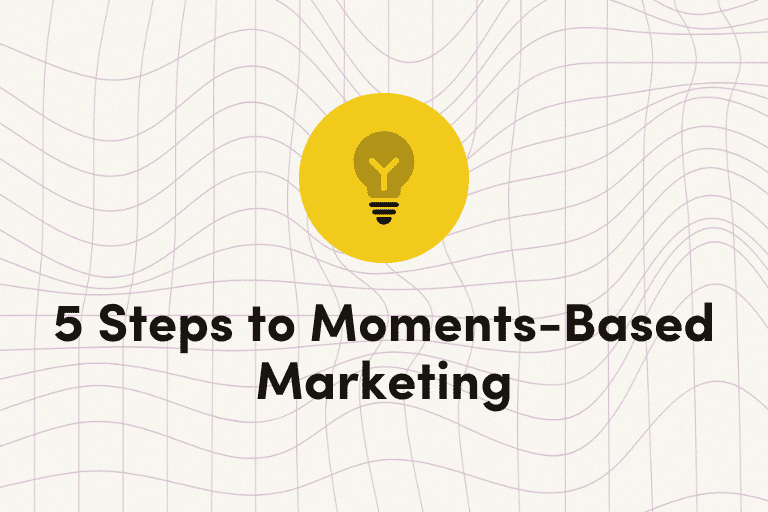

How to Determine MarTech Function From Fiction
As you delve into the tools you’ve selected, now is the time to explore the unique capabilities that each has to offer. To help you, we’ve identified four critical martech-specific lenses through which to evaluate your next potential customer communication solution: Data, Design, Delivery, and Optimization.
This guide is intended to help ensure you maximize the value of your next customer communication platform. Each section has sample questions to help you uncover which martech solution will actually deliver on its promises. As you ask vendors about functionalities, carefully note their native capabilities to determine the best ROI…and rule out any promises that are carefully disguised fictions.
How to Determine MarTech Function From Fiction
As you delve into the tools you’ve selected, now is the time to explore the unique capabilities that each has to offer. To help you, we’ve identified four critical martech-specific lenses through which to evaluate your next potential customer communication solution: Data, Design, Delivery, and Optimization.
This guide is intended to help ensure you maximize the value of your next customer communication platform. Each section has sample questions to help you uncover which martech solution will actually deliver on its promises. As you ask vendors about functionalities, carefully note their native capabilities to determine the best ROI…and rule out any promises that are carefully disguised fictions.


Benefits of Iterable
Iterable is the top-rated platform that brings together customer data with the ability to design personalized experiences, deliver them across channels, and optimize campaign performance.
AI-Powered Increase performance and efficiency with predictive audiences and insights
Easy to Use Create sophisticated marketing campaigns with limited tech resources
Built for Data Enable customer data activation to drive higher ROI in record time
Open and Flexible Integrate your technology stack for increased agility and optimization
Data
Will the platform complement my existing stack?
What it means:
Data flexibility encompasses the platform’s ability to operate productively inside your existing technology environment. Flexibility goes beyond integration alone and characterizes how readily the platform ingests, activates, and feeds data throughout your broader stack.
What to look for:
Flexible platforms will be easily recognizable by the technologies from which they’re built. As a general rule of thumb, platforms founded upon a more modern architecture will be better equipped to accommodate the expansive nature of consumer data and facilitate the insight-dependent demands of modern marketers in real-time.
For example, relational database structures are commonplace among legacy and cloud solutions. This was once the best way to store data when email marketing first emerged. Unfortunately, this model disperses data across multiple tables, so retrieving it requires slow, manual SQL queries returning static, flat data batches.
If real-time marketing is a priority, this data model won’t work for you. Instead, you’ll want to consider how open a marketing platform is and how easily it will integrate into your current or future data stack.
Why this matters:
Your martech platform’s ability to store data and make it actionable will dictate how well your team can send relevant communications to customers. Marketers need all the different layers of their data compiled and ready for use if they hope to reflect their customers’ real-time experiences.
If your martech solution lacks robust integration capabilities, prepare to encounter compounding data activation challenges—like manually breaking out data from multiple silos.
Considering marketers build their custom stacks from more than 11,000 different tools, without robust integrations, subsequent campaigns will require significant time and resources to just get off the ground. If this sounds eerily like your current process, you may not be making the upgrade you initially thought you were.
Businesses that employ data-driven personalization delivered 5-8x the ROI on marketing spend (source: Invesp)
Make moments-based marketing a reality.
Learn how to create real-time, cross-channel engagement that makes every customer feel like they're your only customer.

































